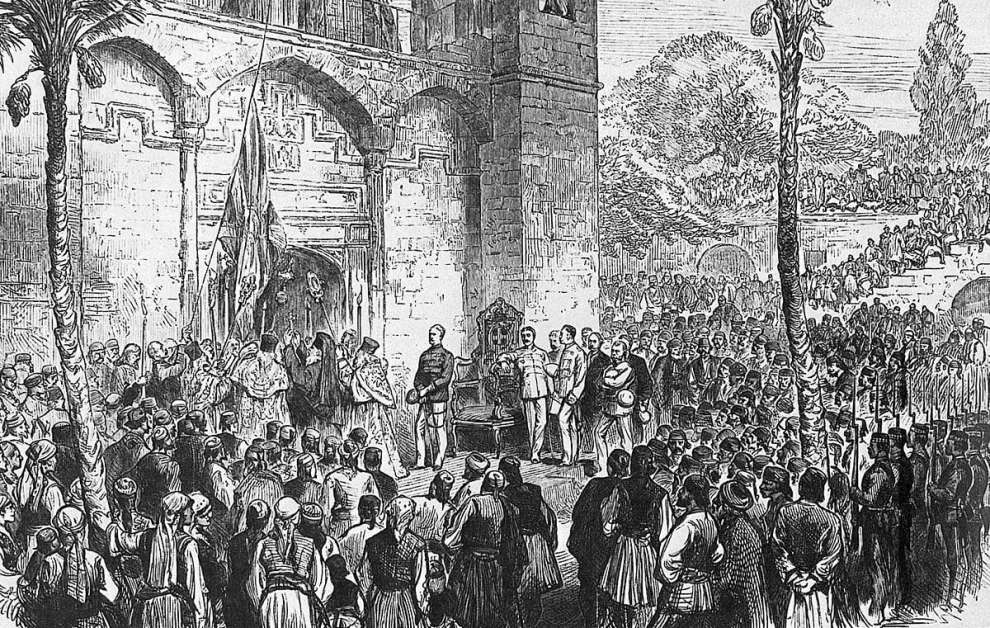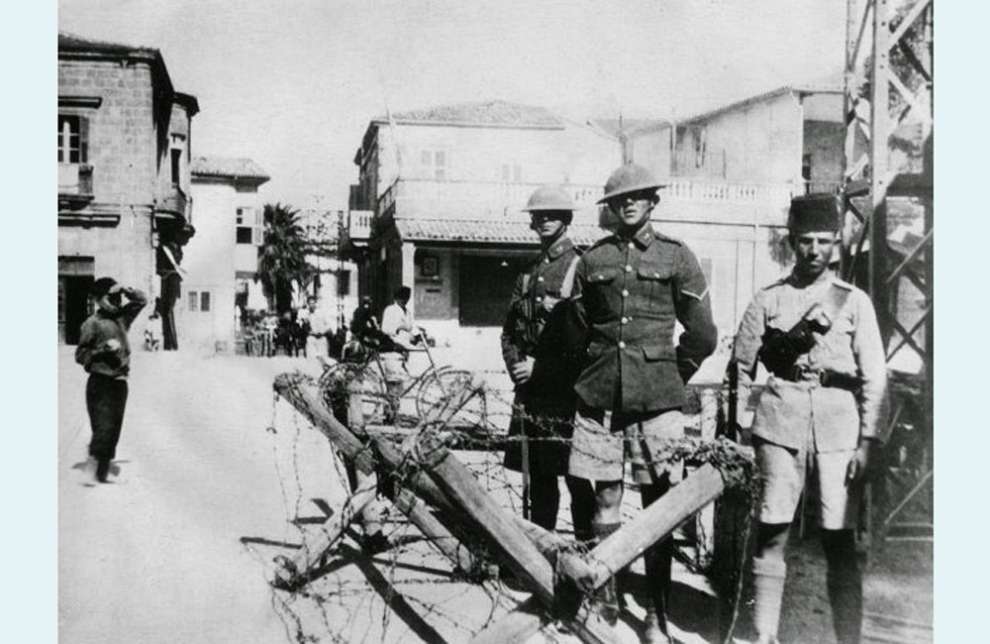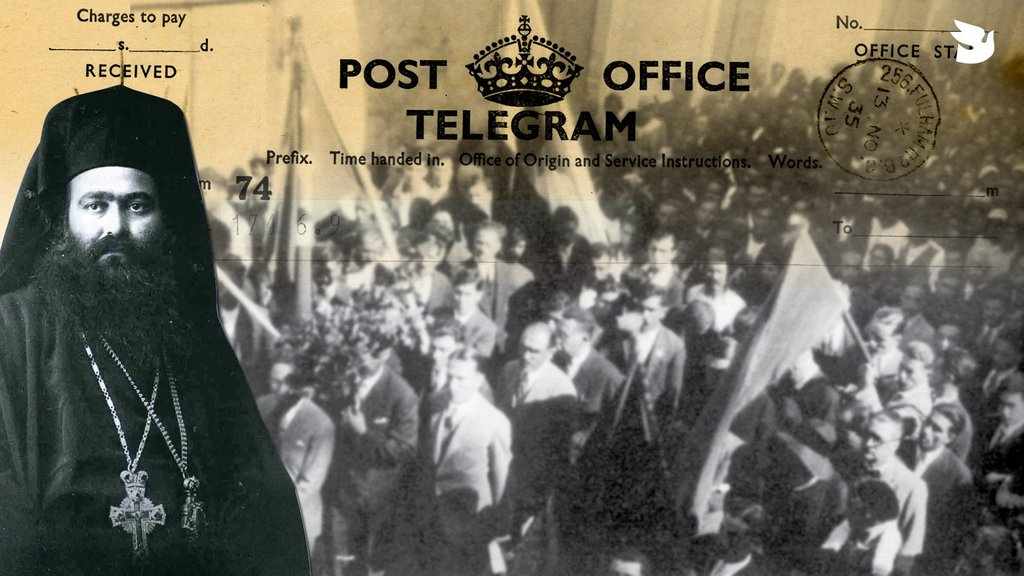On This Day in Cyprus – October 16, 1931
Cyprus is officially declared a British colony
A Date that Changed the Course of Cypriot History
October 16, 1931 marks a milestone in the historical course of Cyprus. On that day, Great Britain officially annexed Cyprus as a Crown Colony, definitively ending the previous status of “Protection” that had existed since 1878. This act, although anticipated after World War I, radically altered the island’s relationship with the colonial power and opened the way for the political tensions and national struggles that would follow.

Cyprus, after the Russo-Turkish War of 1877–78, had been ceded to Britain by the Ottoman Empire through the Convention of Constantinople. Formally, it remained under Ottoman sovereignty but was placed under British administration and control. The British regarded the island as a strategic station in the Eastern Mediterranean, crucial for the sea routes to India and the Middle East.
When the Ottoman Empire entered World War I on the side of the Central Powers, Britain unilaterally declared the annexation of Cyprus (1914), considering it henceforth British territory. However, this move had not yet gained international recognition. The Treaty of Lausanne (1923) confirmed Turkey’s renunciation of all rights over Cyprus, but the full integration of the island into the British colonial system was completed only on October 16, 1931, when Cyprus was officially proclaimed a British Crown Colony.
The Greek Cypriots, who since the late 19th century had been demanding Union with Greece (Enosis), saw the annexation as the definitive rejection of their national aspirations. Disappointment quickly turned into tension and anger, as the new colonial administration imposed stricter structures of control.

The year 1931 proved to be explosive: economic hardship, heavy taxation, and the British authorities’ indifference to Cypriot demands led to widespread unrest.
Just a few days after the official proclamation of the colony, the famous “October Events” (21 October 1931) broke out — a popular uprising against colonial rule, culminating in the burning of the Government House in Nicosia.
The uprising was brutally suppressed:
-
6 Cypriots were killed, dozens were injured,
-
more than 2,000 were arrested,
-
politicians and priests were exiled,
-
and the 1882 Constitution was suspended indefinitely.
The following period, known as the Palmerocracy (from the name of Governor Sir Richmond Palmer), was one of the darkest eras of colonial governance: censorship, prohibition of political parties and associations, police surveillance, and the repression of all political activity.

The annexation of 1931 had a dual character:
-
Politically, it marked the end of any illusion of a “protected” administration and the full imposition of colonial authority.
-
Socially and nationally, it deepened the sense of injustice and cultivated an even stronger longing for self-determination and Union with Greece.
The new generations of Cypriots who grew up under this authoritarian regime carried with them the memory and spirit of resistance, which later fueled the anti-colonial struggle of EOKA (1955–59). The annexation, therefore, was not an end — it was the beginning of a long journey of awakening and confrontation.
October 16 is not merely a date in a history book; it is a reminder that freedom and self-determination are never granted — they are won through struggle. And Cyprus, through its turbulent historical path, stands as a living example of a people who have never ceased to fight for their dignity.

 English
English
 Ελληνικά
Ελληνικά Русский
Русский
 Posted by
Michalis Venetsianos
Posted by
Michalis Venetsianos






